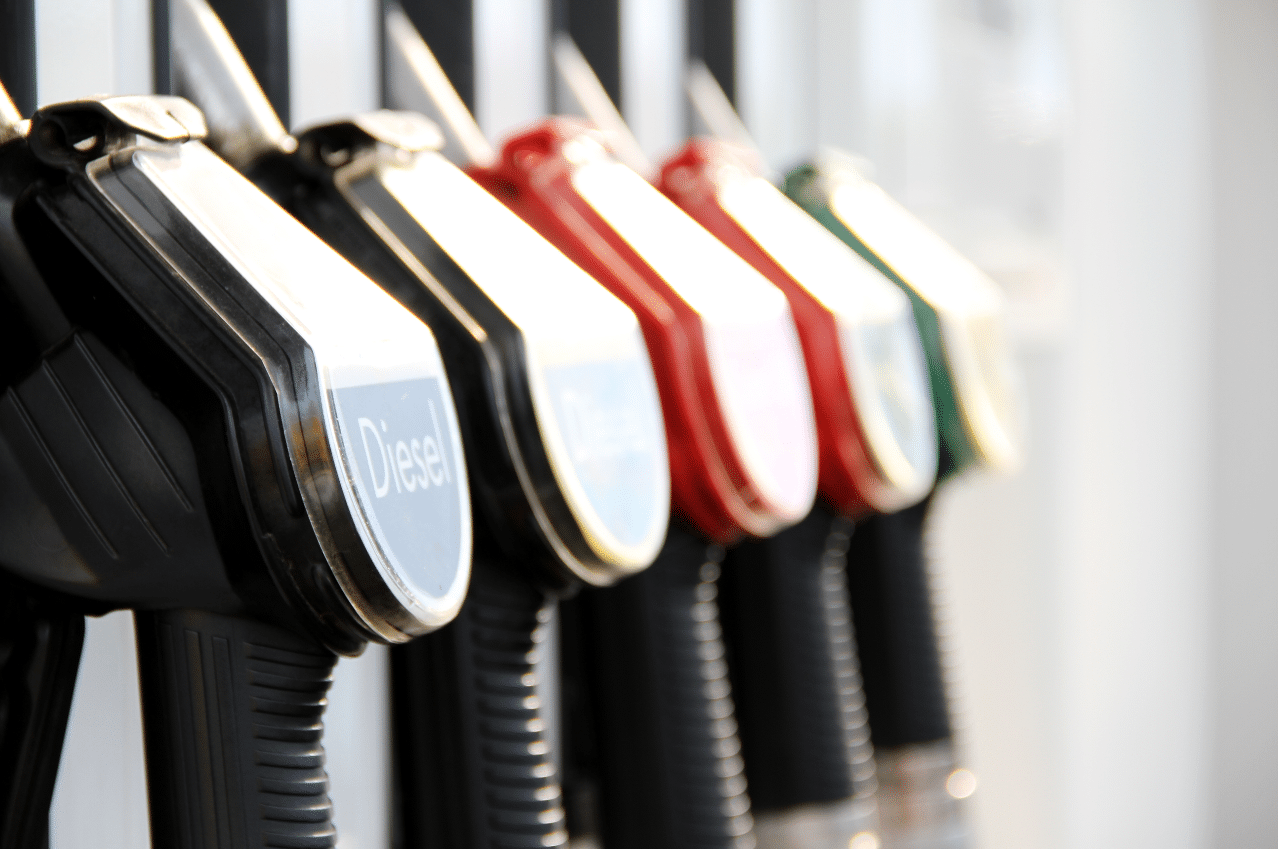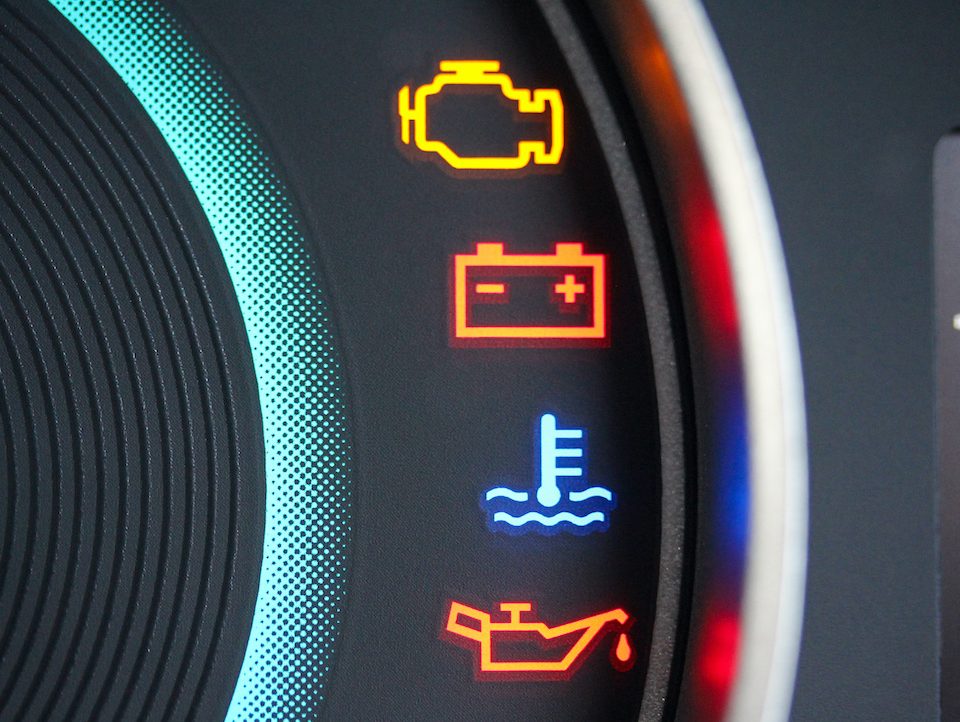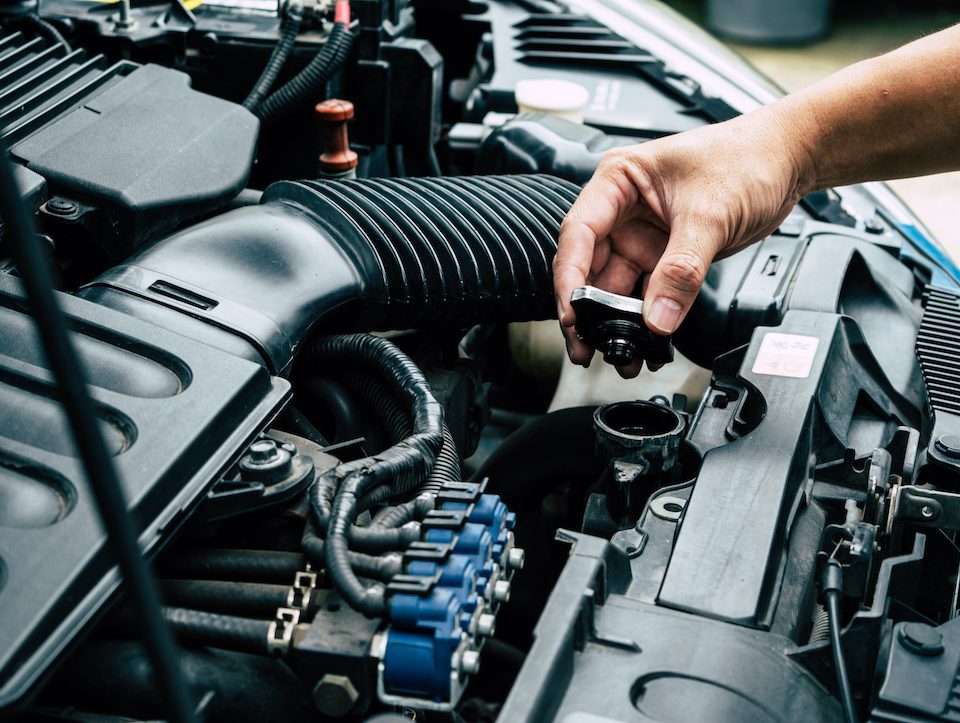11 Tips to Cure Car Sickness
July 30, 2019Driving Safely in Heavy Rush Hour Traffic
August 14, 2019Thinking of buying a new car? Gasoline-powered engines may be the standard choice, but diesel vehicles also have a lot to offer. It’s time to forget about the unflattering images that come to mind when you picture diesel engines. This fuel may have garnered a terrible reputation in the US over the past several years, but diesel isn’t all rumbling big rigs, clattering station wagons, and dually pickup trucks. Diesel is actually a deceptively clean, efficient, high-performance fuel for passenger vehicles.
Here is a comparison between gasoline and diesel engines to help you decide which one is the right fuel choice for your lifestyle.
How Gasoline & Diesel Vehicles Work
Both engine types operate on internal combustion, meaning fuel mixes with air as it enters the engine and is compressed inside the engine’s cylinders. During this process, the fuel ignites and drives a piston down, turning the crankshaft that ultimately spins the wheels of the car. The piston then moves back up within the cylinder, pushing burnt gases from the combustion process out the tailpipe as exhaust fumes. This process repeats several times every second.
The difference between gasoline and diesel vehicles lies in how the fuel is ignited. A gas engine uses spark plugs to ignite the air/fuel mixture. Diesel engines are different. The heat and energy generated when the fuel and air compress causes the diesel to spontaneously combust, a process known as “compression ignition.” For this reason, diesel vehicles don’t need spark plugs.
Price Difference
When you compare fuel at a gas station, you’ll notice that diesel is often more expensive than gas. (Many economic factors determine the price of each fuel, so the reverse can sometimes be true.) However, diesel contains more potential energy than gasoline, so you don’t need as much fuel to accomplish the same amount of work. As a result, diesel vehicles tend to get incredible mileage in the 40s, 50s, or even higher.
Therefore, the final cost of using either fuel for several years usually ends up being about the same.
Power Output
The more cylinders an internal combustion engine has, the more powerful it is. Still, when comparing a gas and diesel engine with the same number of cylinders, you’ll notice a few differences.
First, diesel has more torque than gasoline, which means the engine has more “get up and go.” This is why big rigs have diesel engines to help move incredibly heavy loads. However, gasoline has more horsepower than diesel, which means the engine can rev to higher RPMs and go faster overall. This is why sports cars almost always have gas engines rather than diesel.
Reliability
Compression ignition, which drives diesel engines, would quickly ruin a gas engine. This means diesel engines are built tough. They also lack spark plugs and the electrical system needed to operate them. As a result, diesel engines usually outlast gasoline engines, often racking up hundreds of thousands of miles before reaching the end of their lifespan.
Environmental Friendliness
Old diesel engines bring to mind images of black smoke spewing from a big rig’s twin plumes. Fortunately, technology has come a long way in recent years. The black soot associated with diesel exhaust has all but disappeared because modern diesel contains much less sulfur. There’s also the option to use a urea-based liquid additive to treat the exhaust even further, making it cleaner than ever.
Diesel cars can also run on biodiesel or a blend of standard diesel and biodiesel. This fuel is made from non-petroleum sources, such as vegetable oil or peanut oil. Some diesel engines may require modifications to run on this green fuel source, but it’s a great option if you’re trying to be more eco-friendly.
Noise
The complaints associated with noisy diesel engines have largely been mitigated as technology has improved. No longer do modern diesel vehicles sound like semi-trucks when you start them up. In fact, most drivers of diesel cars report that the experience, including the noise level and “rumble” of the engine, is essentially the same as gas-powered vehicles. If you didn’t tell your passengers they were sitting in a diesel car, they would probably never know.
Maintenance Requirements
Based on the comparisons here, it’s clear that diesel vehicles offer performance akin to gas engines, but they have higher gas mileage, a longer lifespan, and great eco-friendly characteristics. They also tend to have lower maintenance requirements.
While you still need to schedule routine oil and filter changes, the less complicated components of diesel engines require less maintenance spaced further apart. However, keep in mind that diesel engine repairs tend to cost more, so the average maintenance and repair costs of diesel and gas cars could even out over the long term.
Visit Scott’s Fort Collins Auto for Diesel Repair & Maintenance
The next time your diesel car, truck, or SUV needs maintenance or repair work, come by Scott’s Fort Collins Auto. Our knowledgeable, ASE-certified mechanics can service all makes and models of diesel vehicles, both domestic and imported. Don’t risk subpar services by taking your diesel car to a mechanic who is only accustomed to working on gasoline engines—Scott’s has you covered with locations in both Fort Collins and Loveland!
To schedule an appointment for diesel repair or maintenance, please call us at (970) 682-4202 or contact us online. You can also stop by between 8 am and 5 pm Monday through Friday or until 1 pm on Saturday.




